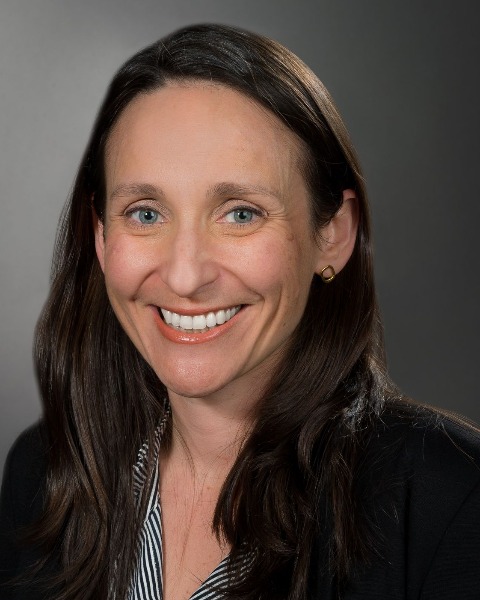Obesity 2
Session: Obesity 2
291 - Protective Effects of Positive Childhood Experiences on Obesity in Socially Disadvantaged Women of Child-Bearing Age
Sunday, April 27, 2025
8:30am - 10:45am HST
Publication Number: 291.6424
Michelle W. Katzow, Cohen Children's Medical Center, Northwell Health, New Hyde Park, NY, United States; Carol Duh-Leong, Hassenfeld Children's Hospital at NYU Langone, New York, NY, United States; Jayme Leschly, Icahn School of Medicine at Mount Sinai, New York, NY, United States; Sophia Jan, Cohen Children's Medical Center of Northwell Health, New Hyde Park, NY, United States

Michelle W. Katzow, MD, MS (she/her/hers)
Assistant Professor
Cohen Children's Medical Center, Northwell Health
Cohen Children's Medical Center
New Hyde Park, New York, United States
Presenting Author(s)
Background: Obesity in women of child-bearing age is a significant risk factor for obesity in their children; poverty is linked to obesity across the lifecourse. Decreasing preconception obesity is an important public health target because its effects are intergenerational and perpetuate disparities. Positive childhood experiences (PCEs), those that build a child’s sense of belonging and connection, have been linked to lower rates of obesity cross-sectionally, but few longitudinal studies have examined this association in women of childbearing age.
Objective: To determine if: 1) PCEs at age 15 years are associated with lower obesity risk at age 22 years among women with social disadvantage; and 2) effects of PCEs on obesity risk vary by ever experiencing extreme poverty in childhood (household income below federal poverty line [FPL] anytime from birth to 15 years).
Design/Methods: We utilized longitudinal data from female children of the Future of Families and Child Wellbeing Study, a national birth cohort that oversampled from socioeconomically disadvantaged groups. We generated scores for individual PCEs (maternal, neighborhood, and school support), then dichotomized each and summed them for a cumulative PCEs score (0 to 3). Multivariable linear and logistic regression adjusted for primary caregiver characteristics at child age 15 years (income, education, relation to child) and child characteristics at age 22 years (age, race/ethnicity, education). Stratified analyses and interaction terms tested for moderation by extreme poverty.
Results: The analytic sample included 1,339 female participants (49% Black, 8% without high school education, 36% with obesity). Their primary caregivers at child age 15 years were 92% biological mothers, 30% with income below the FPL, and 18% without a high school education. Higher maternal support, neighborhood support, and cumulative support at 15 years were associated with lower BMI at 22 years, and higher neighborhood support and cumulative support at 15 were associated with lower odds of obesity at 22 years. In moderation analyses, maternal, neighborhood, and cumulative support were only associated with lower BMI in those who never experienced severe poverty.
Conclusion(s): PCEs in adolescent women, at the family and neighborhood level, protect against the development of obesity in early adulthood, but only among those who have never experienced extreme poverty in childhood. Further research is needed to determine the mechanism of these effects, and the ultimate health impacts of programs and policies that strengthen PCEs.
Table 1: Descriptive statistics for main study variables.
.png)
Table 2: Associations between positive childhood experiences in adolescence and weight outcomes in early adulthood among 1339 female participants.

Table 3: Effects of positive childhood experiences (maternal, neighborhood, and school support) on BMI stratified by ever experiencing extreme poverty (household income <100% of the federal poverty limit)


